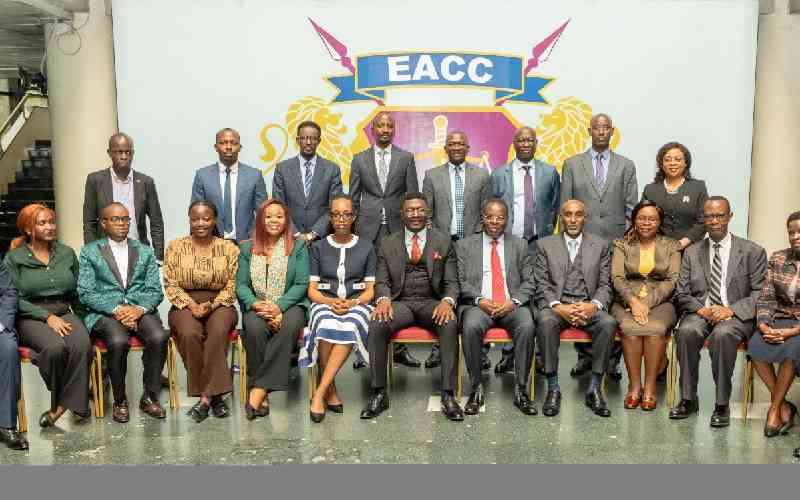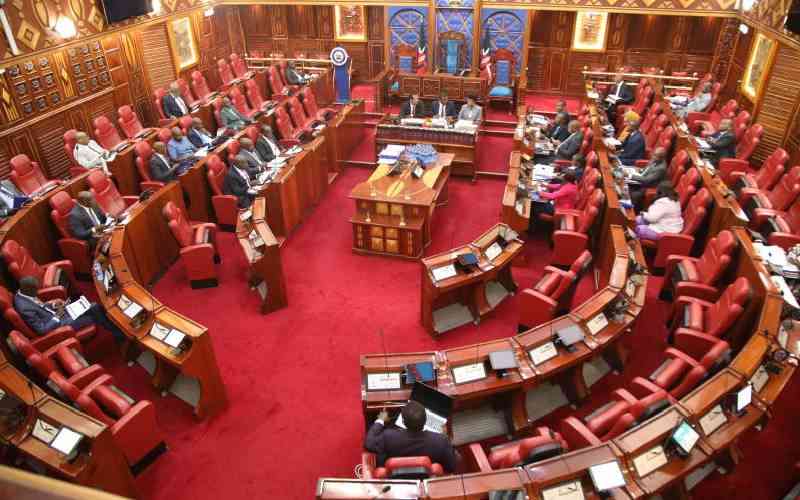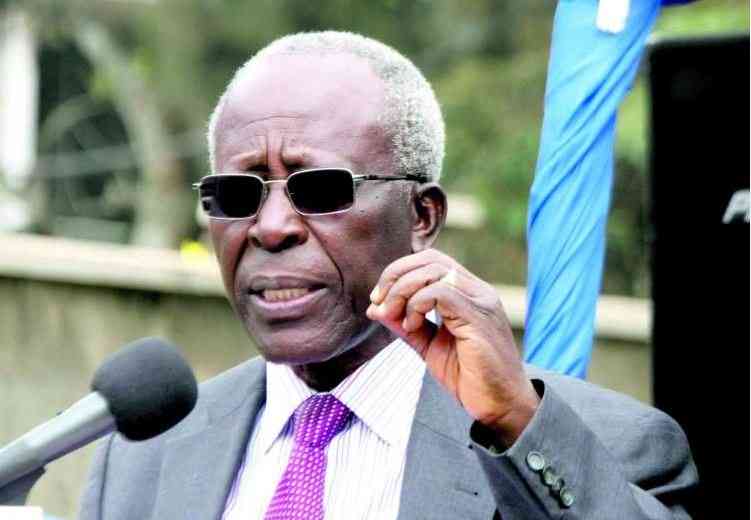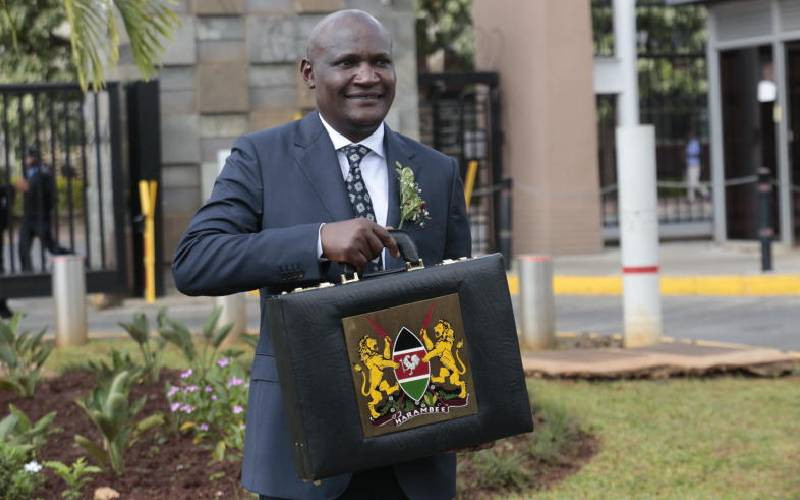
Kenya has long lived in a path where the polity does whatever pleases them once ingrained in power, they act whimsically with reckless abandon because to them the law is only an instrument meant to govern a certain stratified class—the poor and the helpless. Fortunately, Kenyans enacted a Constitution that knows no class, age, race, tribe, rank or whatever stratification one may contemplate in the open list of Article 27.
Part of that very necessary panacea to the dark past where politics had no hygiene is the constitutional fumigation the people desired on Chapter Six of the Constitution (Leadership and Integrity). Kenyans designed the Constitution largely in a three-pronged set up; values, institutions and power.
Under Article 79 of the Constitution, it is contemplated that "Parliament shall enact legislation to establish an independent commission, which shall be and have status and powers of a commission under Chapter 15, for purposes of ensuring compliance with, and enforcement of, the provisions of this Chapter". The chapter referred to here is Leadership and Integrity, which means the whole of that chapter is under the body contemplated in Article 79 of the Constitution, that is the Ethics and Anti-Corruption Commission(EACC).
The role that the EACC has been actively playing is investigations into corruption in the public sector albeit with a lot of gaps and more often targeted political motives. This is a discussion for another day. However, the EACC has completely neglected the enforcement of ethics in the public sector other than through prosecution of corruption as a crime. Whereas, this is important and core to the fight to ensure integrity in governance, its fruits are long term and at times never comes. The low hanging fruits of the fight to ensure the leadership of the country aligns with integrity is ensuring public officials pay for their everyday unethical conducts which appear ‘little’ in the eyes of the general public but are actually fatal to the Rule of Law sermon. The question that lingers is, how can this be achieved?
In the Christian religion, sins have no hierarchy, a murderer cannot see heaven just as a liar and a hypocrite. The biggest shield for those who have been implicated mostly in unethical and corruption allegations is that "the matter is in court or there is an appeal".
This very necessary defence has reigned for a while until when High Court judge Francis Gikonyo in 2024 made a consequential decision that Chapter Six's transgressions do not need a court finding. What is required as a threshold, let say to bar someone who has been implicated in wrongdoing, is for the EACC to have clear evidence that at the time of decision being made, there is prima facie evidence that they are involved. Put differently, the standard of conviction by courts was never the standard contemplated under Chapter Six of the Constitution. Prima facie evidence means available evidence at the face value that does not conclusively lead to conviction but has a direct nexus to the person in question.
It is on this ground that the appointment of Anthony Mwaura to be the chairperson of the Kenya Revenue Authority Board was quashed by the High Court. At the time of the presidential appointment, he had an active corruption case on certain fraudulent tenders. The court rejected the defence that those matters were still pending in court and that by that virtue it could not be said that he had violated Chapter Six of the Constitution.
If EACC is to make progress and truly serve as an independent body with the full claws to grab and bite, it must be swift to first, invite implicated public officials, conduct solid investigations and write a report recommending the unfitness of public officials from holding office. Failure by them to resign immediately after such recommendation from a constitutional body should call for a petition to the High Court by EACC in defence of the Constitution to declare them unfit to hold office.
All the court would do is to ensure that EACC did its due diligence in reaching a conclusion that the said official is unfit to hold office. This is so because, the Supreme Court has ruled generally that an advisory/recommendation from a constitutional commission to another State organ is not binding save for the Judicial Service Commission, the Salaries and Remuneration Commission, the National Land Commission as exceptions from interpretation in several decisions. With the impunity and disregard for the rule of law entrenched in institutions of government, there is doubt whether, for instance, the National Assembly can accept a recommendation to declare a Member of Parliament unfit to hold office even where merited.
In a country where a public officer can stand in a public forum and declare that police will ‘deal’ with citizens ruthlessly and no one should "lecture him on human rights" as former CS Fred Matiang’i is (in)famously quoted, only a brazened and empowered constitutional commission can carry its watchdog mandate with seriousness. In a country where ethics die through disobedience of court orders, reckless abusive statements from public officials, bribe-taking and disdain to the public, recommendations for removal from office based on the new standard for Chapter Six could be the panacea.
 The Standard Group Plc is a
multi-media organization with investments in media platforms spanning newspaper
print operations, television, radio broadcasting, digital and online services. The
Standard Group is recognized as a leading multi-media house in Kenya with a key
influence in matters of national and international interest.
The Standard Group Plc is a
multi-media organization with investments in media platforms spanning newspaper
print operations, television, radio broadcasting, digital and online services. The
Standard Group is recognized as a leading multi-media house in Kenya with a key
influence in matters of national and international interest.
 The Standard Group Plc is a
multi-media organization with investments in media platforms spanning newspaper
print operations, television, radio broadcasting, digital and online services. The
Standard Group is recognized as a leading multi-media house in Kenya with a key
influence in matters of national and international interest.
The Standard Group Plc is a
multi-media organization with investments in media platforms spanning newspaper
print operations, television, radio broadcasting, digital and online services. The
Standard Group is recognized as a leading multi-media house in Kenya with a key
influence in matters of national and international interest.










